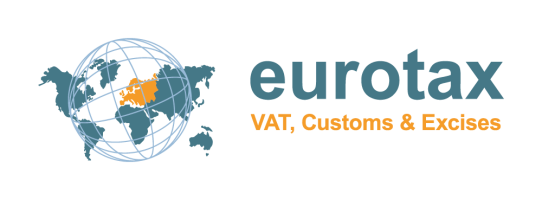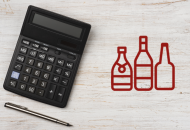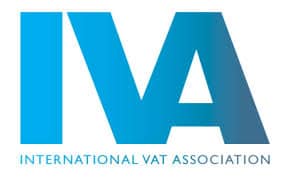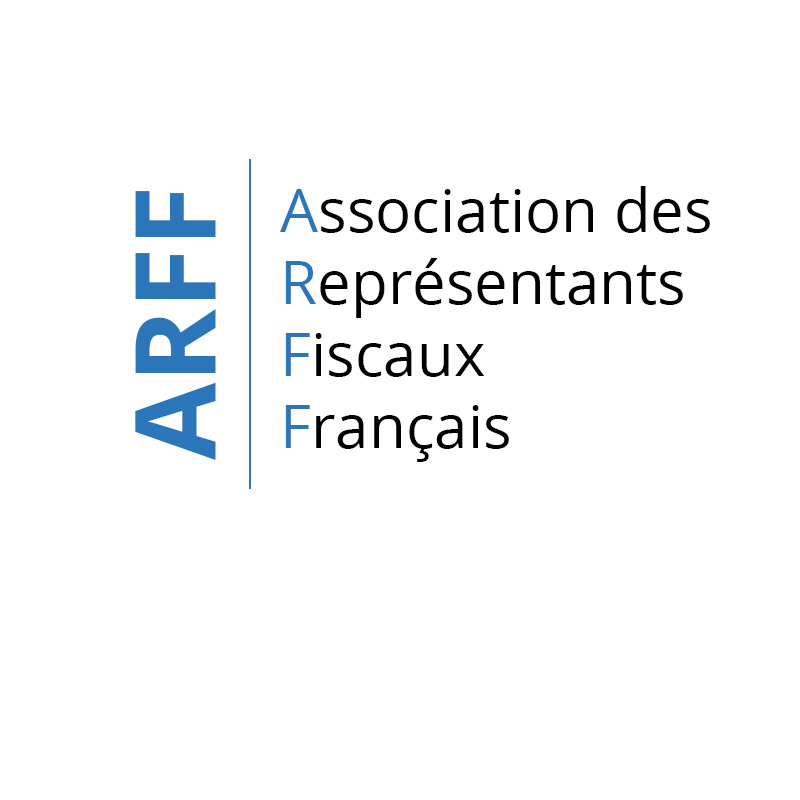On February 28, 2023 in Belgium, the Ministry of Finance unveiled a proposal for tax reform (VAT, excise duties, etc.) that it intends to implement soon. This reform is currently in the preparatory stage and still requires obtaining the agreement of the government and then of parliament for an entry into force scheduled from 2024.
This proposal covers several aspects of personal and corporate taxation. On the one hand, it concerns the personal taxation system in general, with in particular changes to income and wealth taxation. On the other hand, it provides for measures in terms of indirect taxation and methods of invoicing and declaration.
Discover in our article the details of this Belgian reform project.
In terms of VAT:
The reform provides the simplification of VAT rates. The intermediate rates of 6 and 12% will be abolished and replaced by a single rate of 9%. This new rate will be generalized for domestic energy (electricity, gas, heating products except coal), water distribution as well as demolition and reconstruction of housing.
The reform also provides for the extension of the VAT exemption for essential products and services: fruit and vegetables, medicines, diapers and sanitary protection as well as public transport.
With regard to excise:
The reform provides for an increase in excise duty rates on products that are harmful to people and the environment. Thus, in addition to tobacco, which is mainly affected by this increase, the consumption of certain fossil fuel products (kerosene, heavy fuel oil, diesel, coke and lignite) will no longer be able to benefit from reduced rates or exemptions, in order to encourage operators to begin their energy transition.
In terms of administrative formalities:
The reform, under the impetus of the VIDA directive, also intends to generalize e-invoicing and e-reporting to automate and simplify the declaration and collection of VAT. Thus, an obligation to use these billing methods will gradually be imposed on companies. Firstly, on July 1, 2024, companies with a turnover of more than €9,000,000 will be affected and, secondly, on January 1, 2025, companies with between €9,000,000 and €700,000.
Excise formalities are also impacted since it is expected that requests for reimbursement of excise amounts will now be made only electronically.
Eurotax offers a VAT and excise service in Belgium, you can visit our alcohol excise & VAT pages.
Eurotax also informs you of the latest VAT, excise and customs news, do not hesitate to contact us if you have any questions.






















